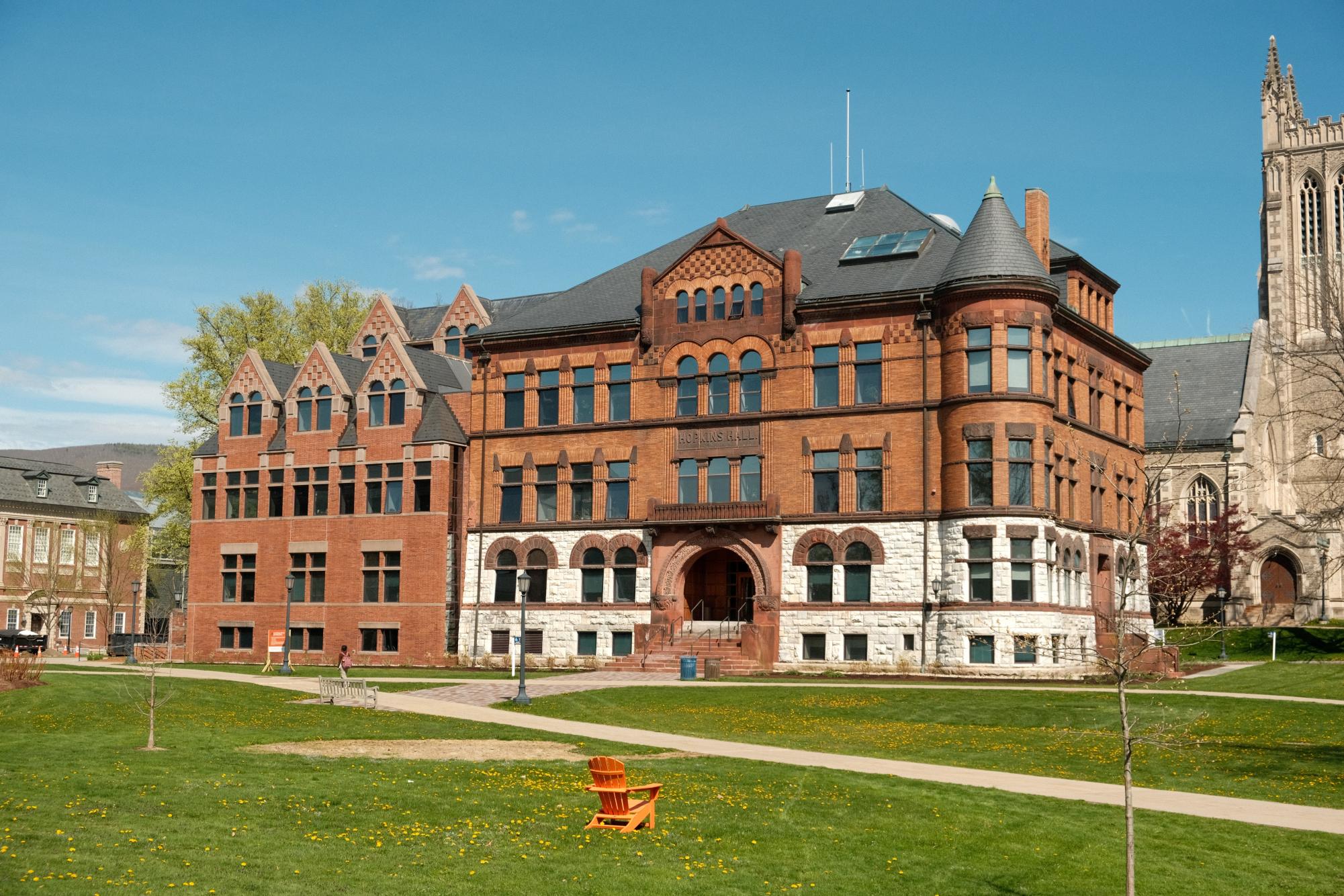
In a conversation with the Record, President Maud S. Mandel discussed the College’s ongoing response to President Donald Trump’s second administration, which has increased attacks on higher education.
In the months since Trump’s inauguration, the College community has grappled with unpredictability and anxiety in the face of policies coming from his administration. Faculty, staff, and students have faced cuts to federal funding and research programs that affect work at the College and beyond. Threats to Diversity, Equity, and Inclusion initiatives rattled the College and resulted in the website for Theme, Affinity, Program, and Special Interest housing being taken down.
International and immigrant students especially have faced increased uncertainty, including with rumors of the presence of officers from Immigrations and Customs Enforcement on campus last month. In December, the College recommended that international students return to the country before Trump’s inauguration, and is planning to allow such students to remain on campus over the summer.
Mandel and other staff at the College have engaged in public outreach and pushback against many of these policies. Mandel addressed faculty in February to discuss what she described as an “attack” on higher education, and faculty and offices at the College have engaged in protest and workshops related to science funding and immigration rights. On April 22, Mandel signed a statement opposing government overreach into higher education.
Mandel said that attitudes toward higher education from Trump’s second administration represent a departure from past norms. “We’re in this landscape where we have a partnership with federal and state governments, and because we’re in that partnership, there’s regulation that’s an expected and appropriate part of running an institution,” she explained. “What’s been different in this environment is an erosion of that partnership.”
She emphasized that she views the College as part of a broader network of colleges and universities advocating for similar goals. “Whether or not someone’s issuing us a demand letter or stripping financial resources, right now we are all in a system that really needs that partnership to flourish,” she said. “I think of myself as part of the national conversation that is trying to make those and other points.”
Although the College has not been subject to the Trump administration’s harshest measures — such as the revocation of $400 million in federal funds to Columbia University — Mandel said that the unpredictability of the last five months has been concerning. “Whether we’re talking about the finances of our institution or support for students, there are things starting to happen which we’ve never seen before, for which there’s no warning, which on the surface seem to be illegal or at least unprecedented,” she said. “It’s been pretty destabilizing.”
“Trying to come up with the right response is challenging, given the kind of seismic shift in the way we’ve always done things,” she said.
Mandel said she has attended several conferences and gatherings with leaders at other institutions to discuss issues in higher education, and that the College has retained two lobbying firms in partnership with other institutions to advocate for its interests, including opposing various proposals in Congress to increase the endowment tax rate.
“What college and university endowments are and how our funding model works is really poorly understood,” she added. “A lot of the work is pedagogical. It’s really about trying to teach people why we have [endowments and] what we use them for.”
Mandel noted that, compared to other institutions, the College draws a relatively high percentage of its budget — 55.6 percent of operating revenue in the 2023-24 budget — from the endowment, so would be disproportionately impacted by an increased endowment tax.
The work of the Endowment Tax Working Group, which was formed last fall by members of senior staff, is ongoing. “They have been very active, both at the lobbying level, and also on the level of thinking about if a tax were to pass, and it were to be very high, what would be the impact on our campus?” she said.
The fate of the College’s endowment is still uncertain: Any proposed tax will be included in Congress’ reconciliation bill later this year.
“I can’t tell you for sure where these [pieces of legislation] are going,” Mandel said. “What I can say is that we’re trying not to miss an opportunity to make the argument [for the College’s endowment.]”
Mandel said that threats to noncitizen and international students have also been of major concern to the College, and noted that a working group dedicated to supporting these students has been meeting regularly. The group has organized Know Your Rights seminars and has also joined other institutions in a legal effort against the Trump administration’s deportation policies.
“It’s not surprising that folks are feeling uncomfortable and uncertain and afraid in a moment of heightened change and challenge,” she said. “One of the things that I think is great about Williams is that we have a lot of people here, both faculty and staff, who are dedicated to the support of and engagement with our undergraduate student population, and I do really hope that students here turn to those resources as needed to find some stability in unstable times.”














